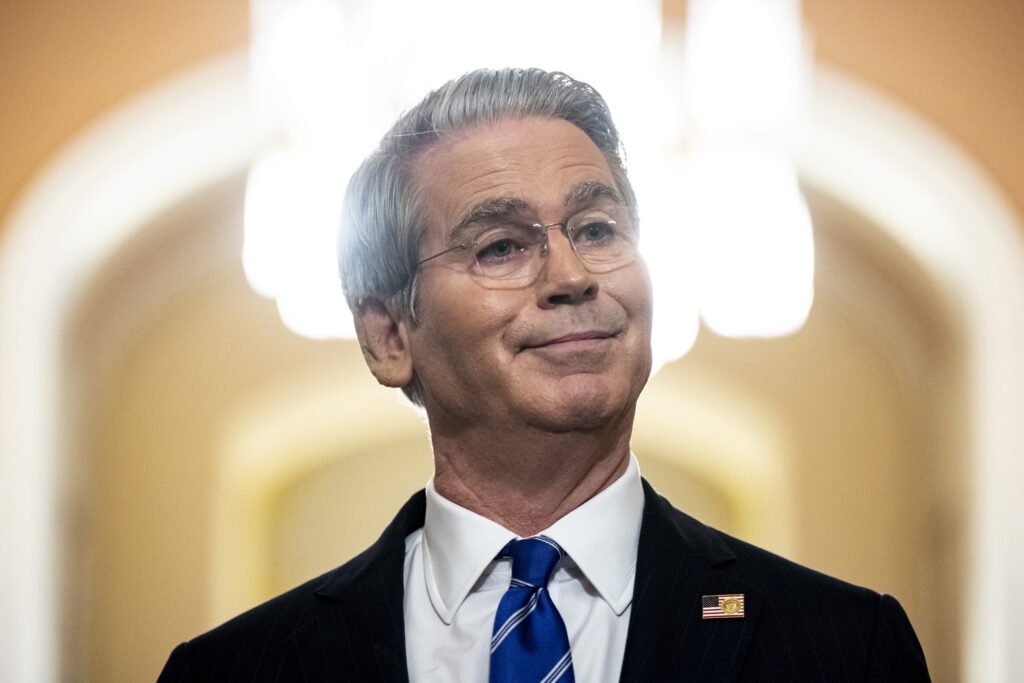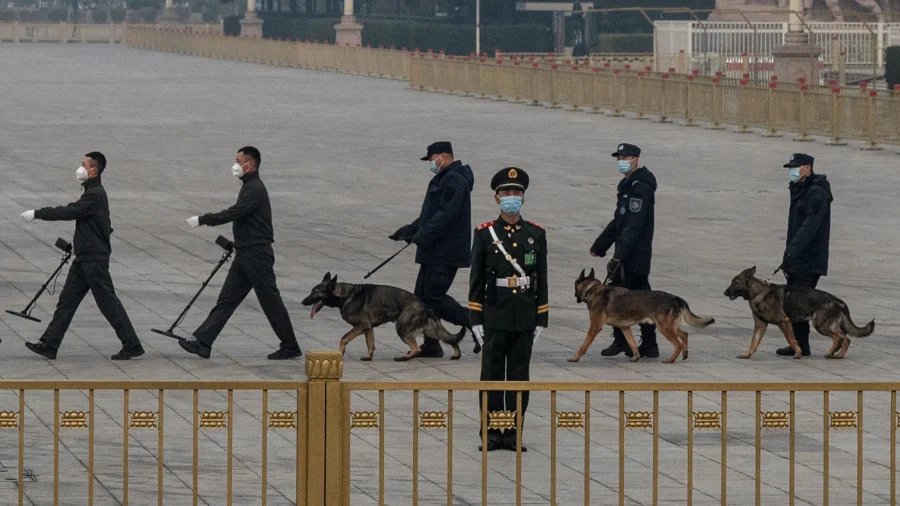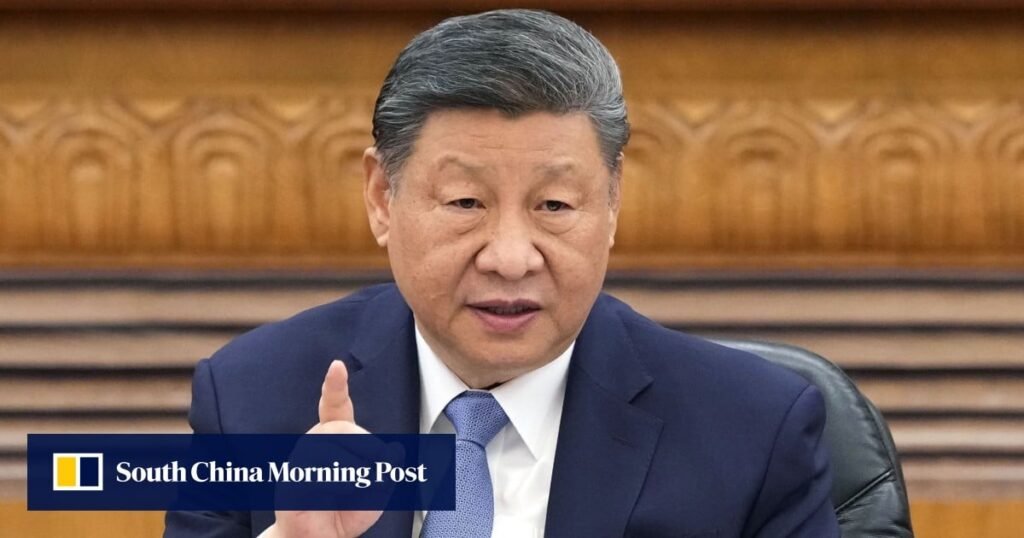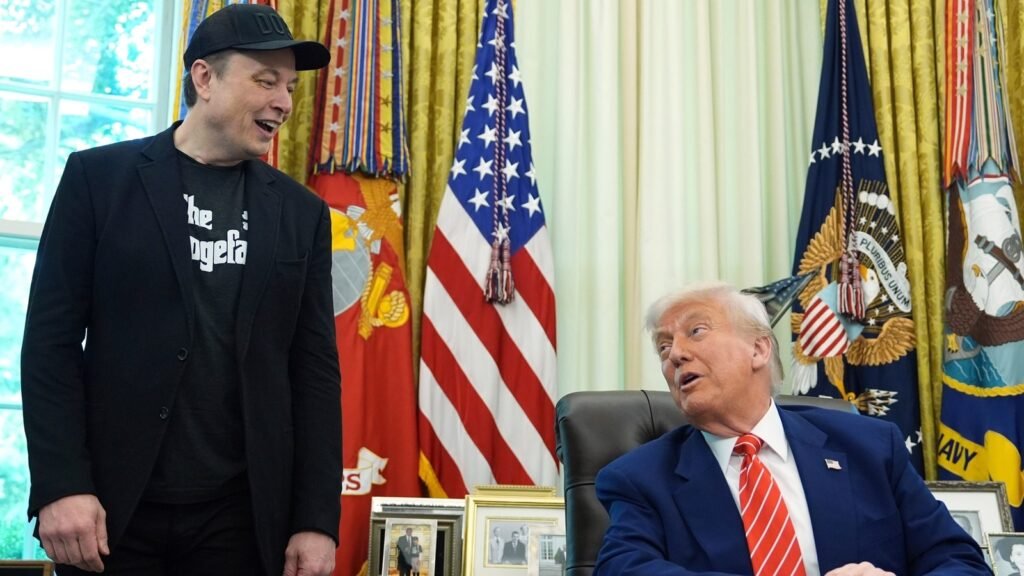Stay informed with free updates
Simply sign up to the Global Economy myFT Digest — delivered directly to your inbox.
The writer is a professor at Cornell University, senior fellow at Brookings and author of ‘The Future of Money’
To all appearances, the Chinese economy, which was struggling for most of last year, has stabilised. This is good news for China’s government and the world economy. But Beijing is yet again putting off fixing its deep-rooted economic problems. That, too, has consequences for China and the world.
Last autumn, the Chinese government deployed fiscal and monetary policy stimulus to support growth. The Trump tariffs seemed set to knock the economy off course. Yet remarkably, in the first half of 2025, China might well scrape together 5 per cent growth, which the government set as its target. For whatever the data is worth, industrial production, broad measures of credit and total investment are all growing reasonably well. Better yet, retail sales, a proxy for household consumption, have picked up pace.
More consequentially, the mood in China has shifted markedly. First, the emergence of the Chinese AI company DeepSeek in January 2025 generated an upswell of national pride. Second, President Xi Jinping’s February 2025 meeting with leading entrepreneurs, including Alibaba’s Jack Ma, sent a signal that high-flying private enterprises are back in favour. Third, the US-China trade talks in Geneva that ended with a pause on US tariffs despite no meaningful concessions from China indicated that Beijing had strong cards to play and would not bend the knee to Trump.
The improvement in sentiment has buoyed the country’s stock market and capital outflows have moderated. The government could use this moment to rally Chinese people around a plan to introduce reforms that would raise the chances of hitting growth and per capita income targets as well as increasing self-reliance and rebalancing growth. But it has shown little interest in doing so.
The calm on the surface belies the reality that the economy remains fragile. The boost to household consumption growth from purchase incentives may not last, especially as unemployment is rising. Deflationary pressures risk becoming entrenched, reflecting the imbalance between production and consumption demand. Private business investment remains weak due to uncertainty about US tariffs and scepticism about Beijing’s change of heart towards the private sector.
China cannot count on foreign markets to make up for domestic weakness either. Exports have expanded robustly in recent months. However, the US is no longer a welcoming market and the rest of the world, which is mostly mired in low growth, is unwilling to enthusiastically continue accepting Chinese exports.
China’s economy remains beset by deep structural problems. The housing market, long a mainstay of the economy, continues to deteriorate. Local governments, already heavily indebted and under financial stress, now have the added burden of fixing housing sector problems. Financial market liberalisation and reforms, which remain essential to channel the massive domestic savings into productive investments, have not progressed recently.
The government appears to be saving room for macroeconomic policy manoeuvre to counter any adverse domestic or external developments later this year. This approach has merit.
Still, it could utilise the fiscal room it now has to tackle longer-term structural issues while simultaneously bolstering short-term growth. Money spent on strengthening the social safety net, reorganising centre-provincial fiscal relations, and reducing household and corporate tax burdens would all boost short-term demand and help in longer-term economic rebalancing as well. And the confidence boost from market liberalisation would lift up investment, employment and household incomes. Higher consumption would reduce the economy’s increasing reliance on exports.
The protracted travails of the real estate sector highlight the costs of the government’s approach of delaying reforms and not tackling problems directly. Not only do the costs multiply but each problem infects other parts of the economy. The decline in household wealth tied to real estate, for instance, has restrained consumption growth and many banks that loaned money to real estate developers are in trouble.
China’s government should not be lulled by what appears on the surface to be a robust economy that has yet again successfully navigated perilous waters. It is tempting to put off the hard work of broader reforms and liberalisation when the economy looks stable. But the consequences could be a much greater struggle down the road to make these changes in less favourable circumstances.








